2 Great Books for Children about Autism.
Books to Teach Children About Autism
This Is a guest blog by Andrea from A Bundle of Books children’s bookshop in Herne Bay. We were delighted to be asked to support a preschool in the first-ever Schools’ Autism Awareness Week. We wanted to find books about autism that enabled children to recognise and learn about their diagnosis of autism. This could have been about themselves, siblings or friends with autism. Read about their top 5 tactile children’s books for more recommendations.
So, for our young audience aged between two and a half and four years old, what kind of reading material can we discover?
Alongside these two Autism-related books, Nikki Saunders, a mother of an Autistic child, conducted a Q&A for inclusiveteach.com, discussing her experience of writing a book about Autism for her family. You can read our full interview about My Awesome Autism. This book is designed to explain autism to children.
Our Recommended Books for Autistic Children.
Isaac and His Amazing Asperger Superpowers! by Melanie Walsh Age 3+
A groundbreaking picture book which explains Asperger’s Syndrome in a simple, gentle and positive way to very young children.
Described by the National Autistic Society as “delightful … full of positive messages”. Meet Isaac. He’s a superhero! He might look like everyone else, but he has a kind of autism called Asperger’s. Inside this book he’ll tell you all about what it’s like to have his Asperger superpowers. An essential book for anyone wishing to understand more about Asperger’s Syndrome.
Using a few props to bring the story to life it was a great success!
A couple of other recently published books one for older children and one for adults:
How to look for a Lost Dog by Ann Martin Age 9+
The narrative is entirely from Rose’s viewpoint and her warm and friendly outlook and her degree of self-knowledge give us instant and constant empathy with her. However, such is the skill in storytelling, it’s also possible to understand the frustration of her father and teachers with her outbursts and sense the humour in some of the situations that arise.
11-year-old Rose is autistic and struggles to understand her classmates. But when her father gives her a stray dog, which she names Rain, the dog becomes her best friend, her anchor in a confusing world. So when Rain goes missing during a storm, Rose refuses to stop looking for her… A touching story from the bestselling author of The Baby-Sitters Club.

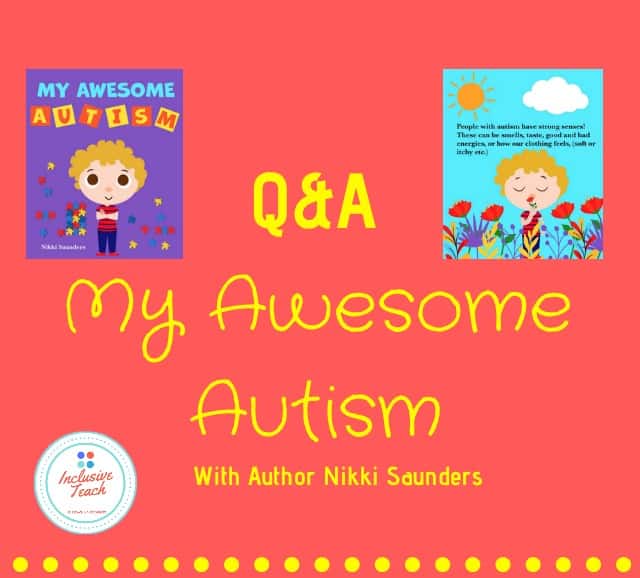
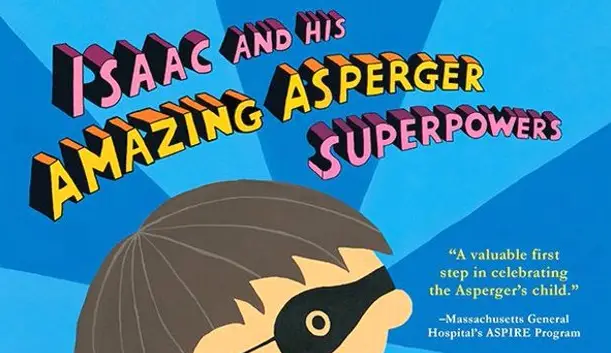
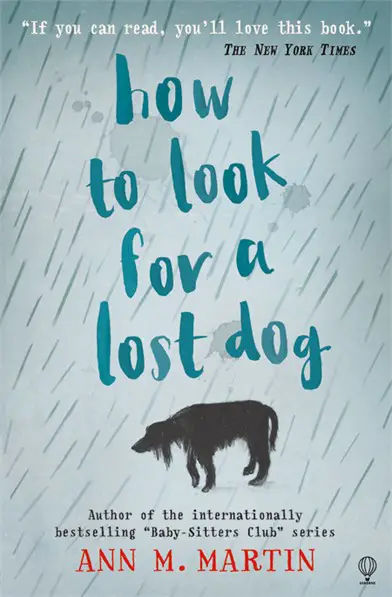
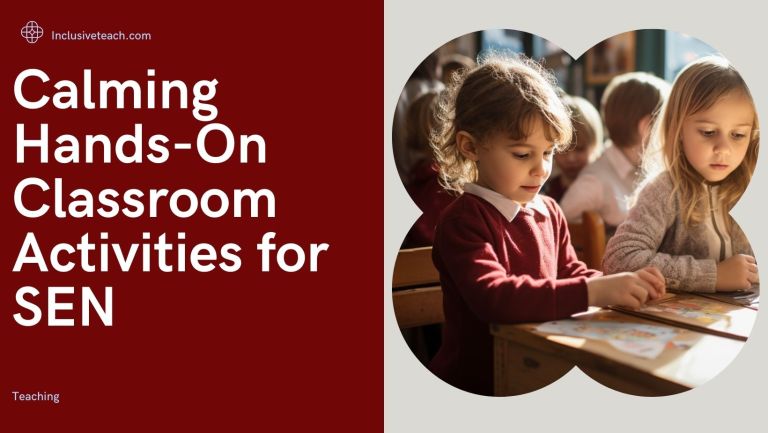
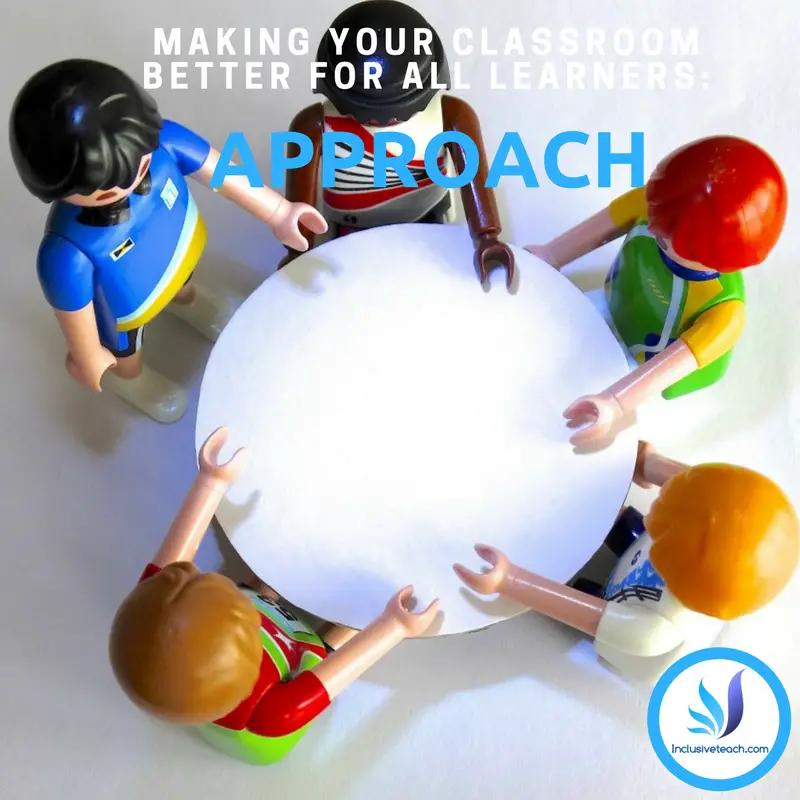
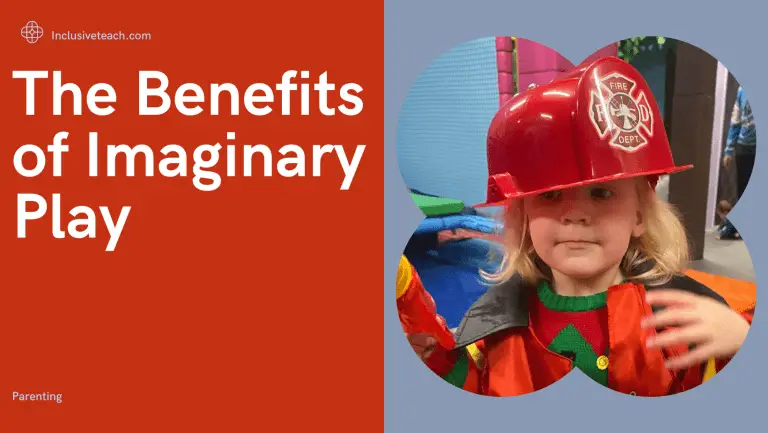
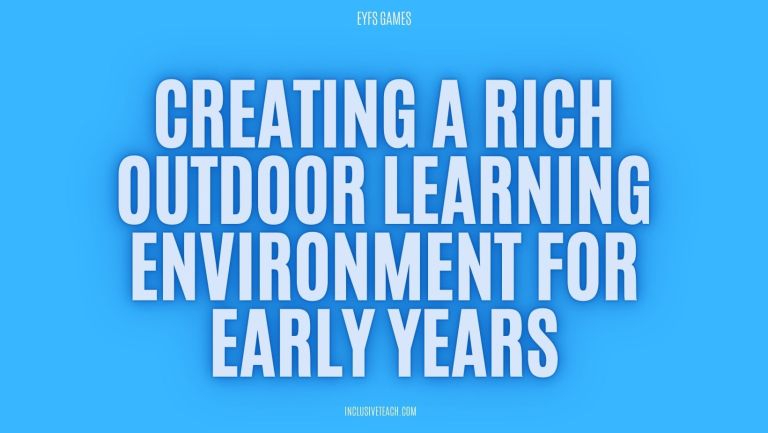

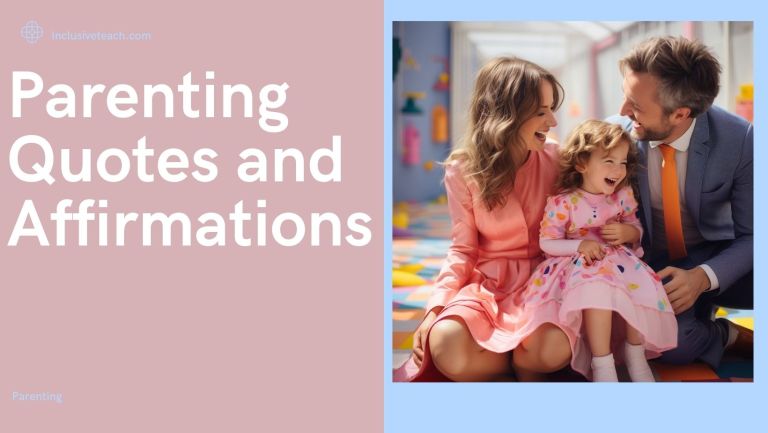
Thanks for sharing these books. It’s an important topic and these sound as if they would help to develop understanding, and compassion.
Stories are such a great way to introduce and provide awareness of Autism and Asperger’s as they are relatable to children and are a central tool of learning (Cremin et al, 2015). Children do, however need to be able to relate the story to experiences that they have already had in order for them to access the material (Kimber et al, 1995). Stories also tend to be more memorable to children (Fletcher, 2015).
Cremin, T., Reedy, D., Bearne, E. and Dombey, H. (2015) Teaching English creatively. Oxon: Routledge.
Fletcher, J. (2015) Learning through stories [Lecture to BA PTE Year 2] U71128: Enquiring in the Humanities. Oxford Brookes University. 17 November, 2015.
Kimber, D., Clough, N., Forrest, M., Harnett, P., Menter, I. and Newman, E. (1995) Humanities in Primary Education. London: David Fulton Publishers Ltd.